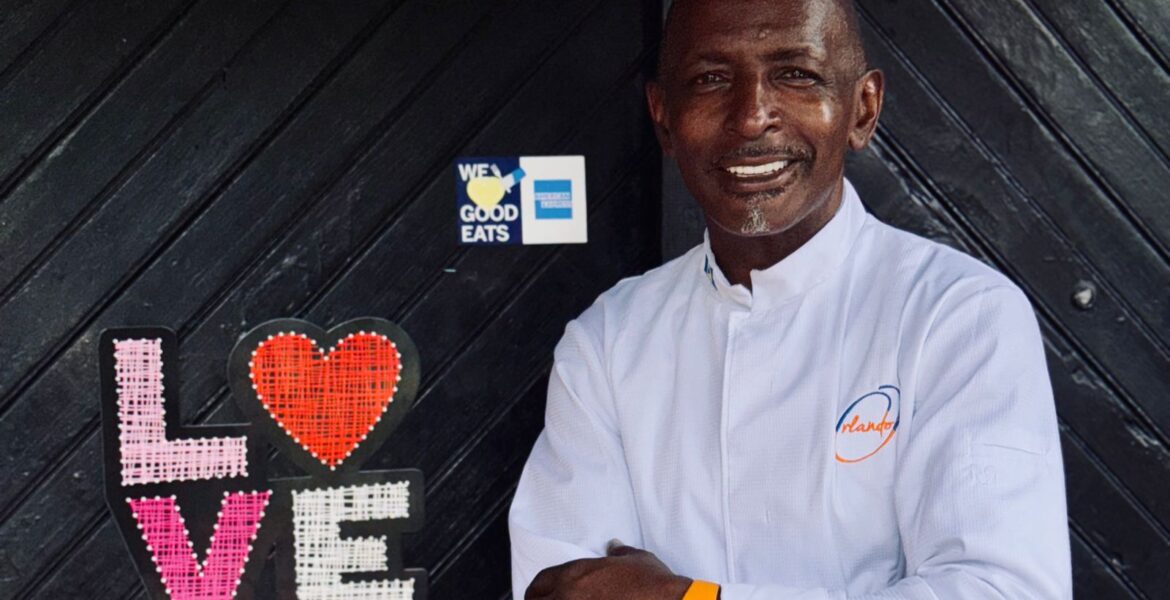Sun,sea and salsa may be most people’s typical image of the Caribbean.But, as “celebrity chef” Orlando Satchell explains there’s rather more to this idyllic part of the world than that, including its under-rated cuisine.
Satchell is a man on a mission – to elevate Caribbean culinary offerings to the same level as great world cuisines such as French and Italian.
As part of such endeavour he was in Brussels last week as an informal culinary ambassador of the Caribbean Chamber of Commerce in Europe (CCCE) whose aim is to promote the region and foster closer ties with the rest of the world,including Europe and the UK.
Satchell took time out from “Caribbean Week” (17 to 23 June), an awareness-raising event in Brussels, to explain why he thinks the cuisine in his adopted homeland can be compared with others.
The event was organised by the Brussels-based CCCE to showcase Caribbean cuisine and its culture.
Orlando has come a long way in his culinary career – 7,000 km, in fact, from inner city Birmingham in the UK where he grew up to the Caribbean island of St Lucia where he has now lived and worked for some 25 years. He told this website his aim is to raise the profile of Caribbean cuisine which, he says, is too often relegated to being enjoyed just on special “theme nights” and on cruise ships.
He recalls, “As a Caribbean British man, during my visits to Jamaica as a young boy, I often reflected on why the delicious local food was consistently presented in buffet spreads rather than as individual dishes.”
“Upon growing older, I noticed that many establishments primarily featured European and other international cuisines rather than highlighting Caribbean fare.”
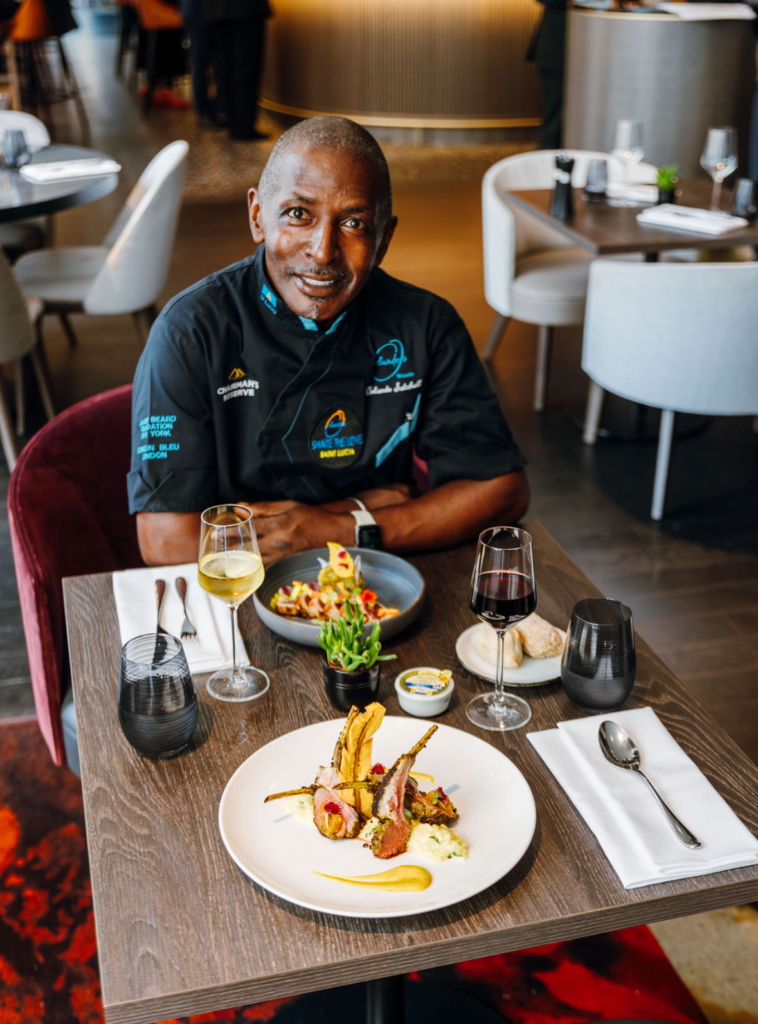
He believes Caribbean cuisine “remains underrepresented in the mainstream media and global culinary spheres in comparison to well-known cuisines like Italian, French or Chinese.”
This “lack of visibility hinders a comprehensive understanding and appreciation” of Caribbean dishes.
“Regrettably,” he states, “Jamaican cuisine is often perceived as representative of all Caribbean cuisine due to the influence of reggae music and notable figures from Jamaica. Consequently, Caribbean cuisine is sometimes unfairly stereotyped as being limited to a few iconic dishes such as jerk chicken or rice and peas.”
I asked how Caribbean cuisine compares with better-known world cuisines.
“Cuisine,” he noted, “is the result of fusion, incorporating influences from African, Indian, Asian, and European cultures, which create a diverse array of bold flavours and spices unique to the Caribbean. This culinary tradition is rooted in the art of preserving and marinating, which is believed to be an expression of love. It transcends simple seasoning like ‘Salt-N-Pepa,’ marking the origin of fusion cuisine and the global influence of various ingredients.”
Satchell owns a restaurant on Saint Lucia, accredited as one of the ‘Top Three in the Caribbean’.
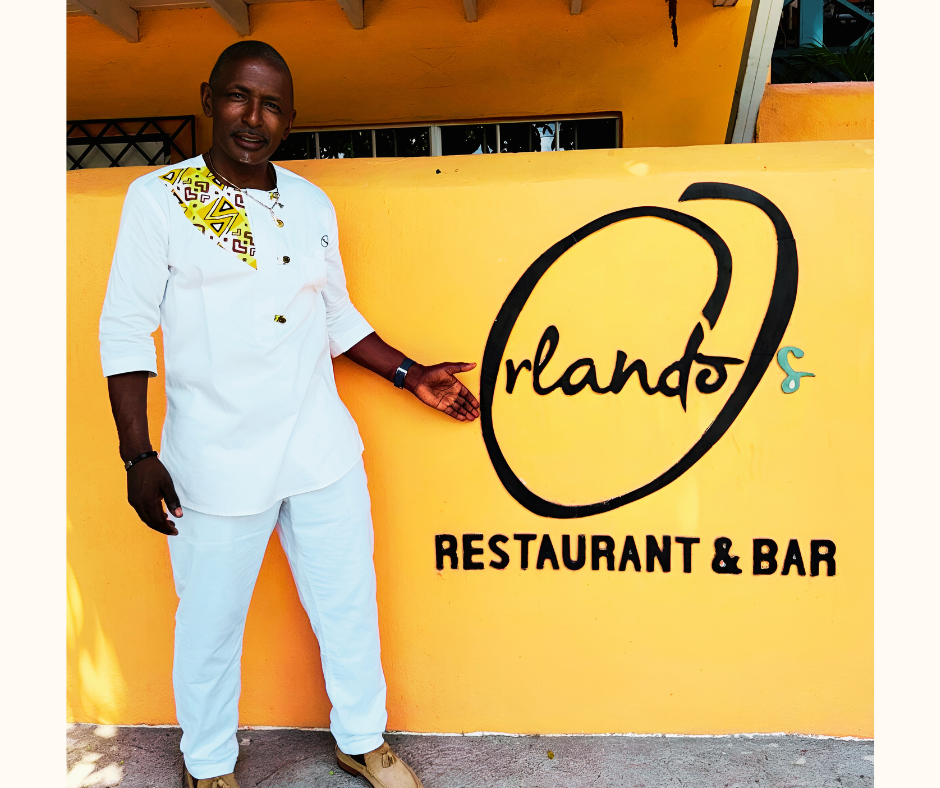
In 2019 he received a Gault Millau France award and won the prestigious title ‘Caribbean Chef of the Year’ at the Caribbean Travel Awards 2020.
He states, “People often visit the Caribbean for the occasion rather than just the location, resulting in them enjoying Caribbean cuisine from a buffet.However, in Italy or France the location itself is the focal point, treated in a similar fashion to the food.”
So, what needs to be done to change this outdate perception of Caribbean food?
“To bring about change, we must appreciate the significance of the location intertwined with the culinary culture and history it bears,” he says.
“As a chef who values presentation, I understand that individuals seek familiarity. It is therefore crucial for hotels and cruise ships to be creative in their approach to presenting local dishes, maintaining the authentic flavours while offering a unique experience.”
I wondered if events such as the one in Brussels last week help and, if so, how?
He says, “Yes, it can serve as a way to align people’s expectations when visiting the Caribbean. It demonstrates that our cuisine can be transformed from simple meals to a gourmet experience, without compromising the essence of the Caribbean, while enhancing presentation to an international standard.”
“As a chef on a mission, my goal is straightforward: to elevate Caribbean cuisine to international recognition.”
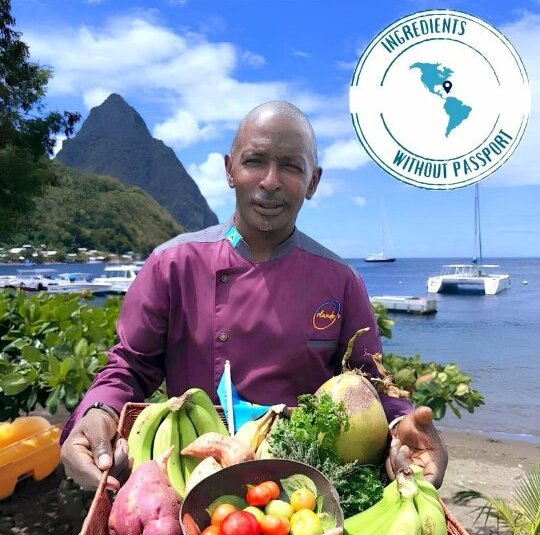
He went on, “Therefore, I travel to Belgium on various occasions to host pop-ups, presenting a prime opportunity to showcase the depth and authenticity of Caribbean culinary traditions.
“Through initiatives like cooking classes, culinary schools, and training programmes for aspiring chefs, I aim to promote and share the globally recognizable flavours of Caribbean cuisine.”
He said, “I believe that Brussels, as the ‘Capital of Europe’, serves as an ideal setting to unite people through the shared experience of food and culture – offering a compact yet engaging space to cook and introduce new and unique flavours.”
He also believes Caribbean cuisine can be a catalyst for change in the region.
“Beyond just the sea and sun that aid in relaxation, the essence of the Caribbean lies in its people, culture, and local cuisine. While the region is often seen as a vacation spot, there are significant challenges that exist elsewhere in the world that obviously will also trickle down to us in the Caribbean. However, it is the atmosphere, energy, and spirit of life exuded by the people that truly make the Caribbean a unique place to live and savour life, all the while observing the ever-evolving global landscape.”
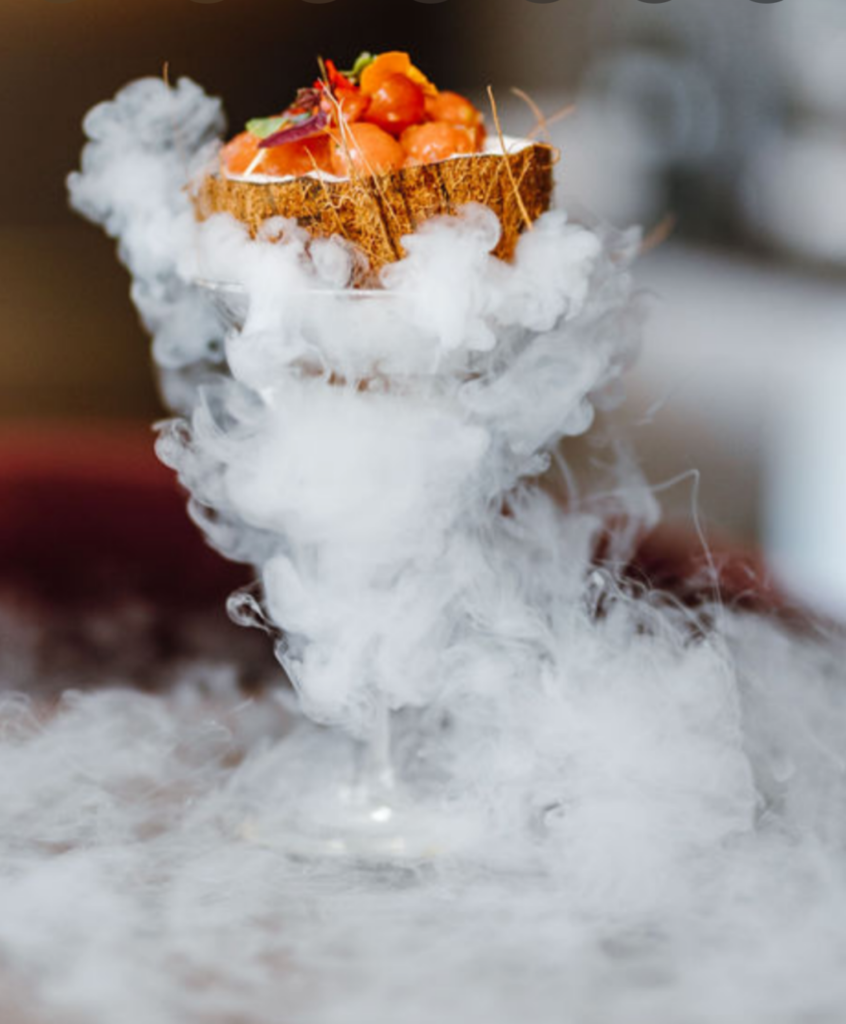
The establishment of the Caribbean Chambers of Commerce Europe is, he feels, “a great initiative” but adds, “however, it requires more support from other organizations to extend its reach within the Caribbean region.
“I firmly believe that it could be a significant contributor to the European influence in the Caribbean, where countries like Belgium and France still hold sway over territories such as St Martin, Martinique and Guadeloupe. I am of the opinion that the CCCE could leverage Caribbean cuisine to influence cultural and economic opportunities within the region while sharing the Caribbean experience in Europe.”
“As a tourist destination, he says Caribbean people “pride ourselves on being welcoming to our guests as humans first without judgment based on colour, religion, or personal choices. I believe this approach has significantly contributed to the concept of Caribbean nights in the region, as we actively respond to the diverse requests of our international visitors and their families.”
Satchell,whose restaurant was voted one of the best in the world by the readers of Travel &Leisure and Food&Wine in 2020, said, “This openness not only makes us more receptive to a wider global audience but also serves to bridge cultural gaps.”
“I am convinced that Caribbean cuisine and culture can facilitate better communication among individuals of varied ethnic, religious, and political backgrounds.
“In my restaurant, a sign boldly proclaims ‘Enter as strangers, leave as friends,’ encapsulating the essence of the Caribbean experience.”
He goes on, “Hailing from Birmingham, my passion for cooking was sparked by watching ‘The Galloping Gourmet’ on TV. As I observed Graham Kerr indulge in wine and discuss cuisines, I wondered why Caribbean flavours were absent.
“At home, it was my mother who ruled the kitchen, but when I expressed interest, I eagerly took the reins.
“Enduring the cold was never my forte; I sought solace in the warmth of the kitchen.”
Harking back to his days growing up in Birmingham, he recalls, “A memorable incident on a snowy day, when my bus broke down, led me to trudge in the early morning darkness to prepare breakfast. The winter months meant entering work in darkness at 7am and leaving still engulfed in twilight by 4pm, a humorous recollection indeed.”
He says his culinary journey was “greatly influenced by my mother’s cooking rituals – the meticulous washing and seasoning of meat – practices that differed from those in hotel kitchens where I later worked.”
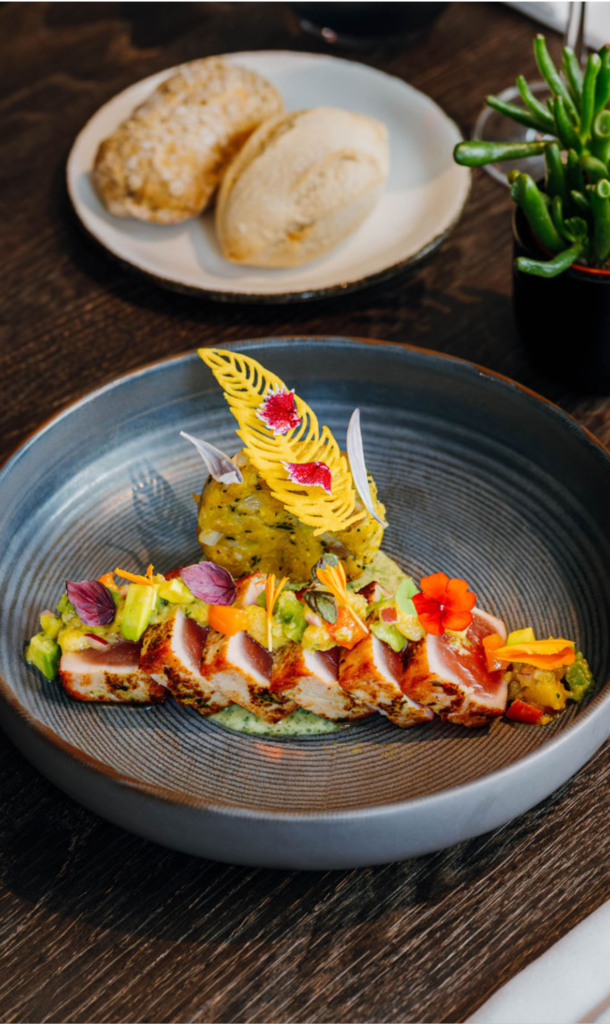
“The allure of Saint Lucia in the Caribbean had always captivated me unbeknownst to the start of my voyage.”
“Fate, however, has a way of guiding us – thanks to an accountant from Saint Lucia with whom I did business, an opportunity arose.”
He remembers, “Impressing a visiting client from Saint Lucia with my cuisine, I questioned the lack of Caribbean culinary representation in the Caribbean itself. Our exchange led to an agreement: two weeks of complimentary accommodation in Saint Lucia in exchange for my consultancy and chef training services, shaping my version of Caribbean cuisine.
“During my stay, I had the chance to visit small hotels, sharing my culinary insights and visions.Unknowingly, I sowed the seeds for the next 25 years of my life.”
He goes on, “A call from a hotel in Saint Lucia offering me a consultancy position to materialize and refine my culinary ideas was the turning point, beginning a chapter in my life, which the rest is history.
Satchell says that despite his impressive own personal achievements he is “still a chef and on a mission.”
“Ultimately,” he says, “I would love to continue to contribute to make Caribbean cuisine internationally recognizable but to do this we need continuous support to elevate local managers and executive chefs.”
The message is: “The journey continues.”

